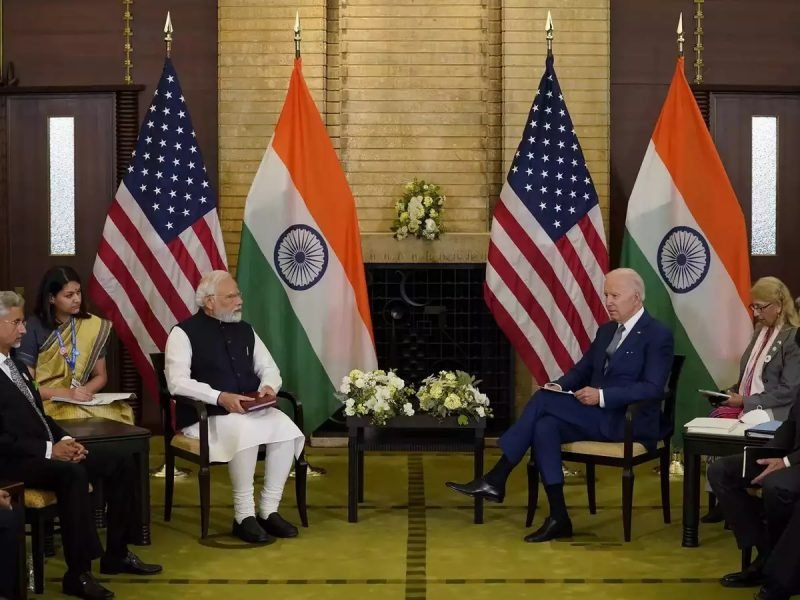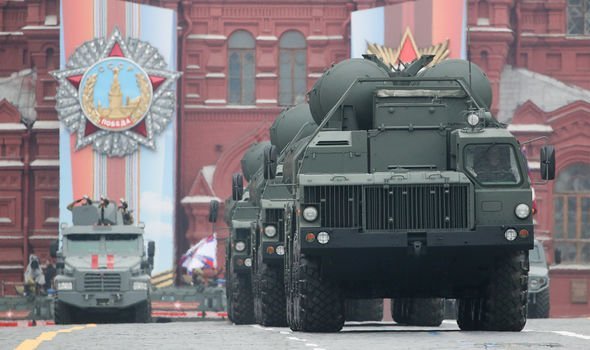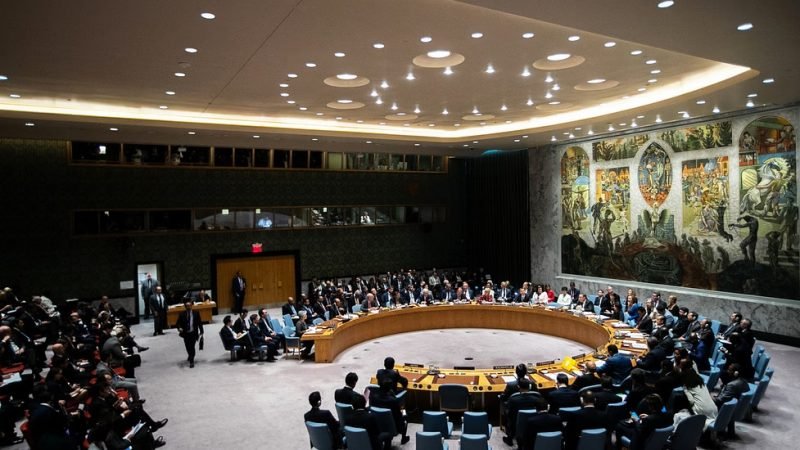US-India Relations in lieu of possible sanctions for the S-400 and the Ukraine crisis and China

India-US relations are one of the most stable and comprehensive relations in the current world order. Since back in the 1950s and 60s, the United States and India have been working to improve their bilateral relations, and after decades of diplomatic exercises from both sides, the relations have reached new heights. However, any decision to sanction India over its purchases of Russian defence equipment will surely have irreparable damage not just in relation to the US-India bilateral relations but also to US’s geopolitical interests and influence in the Indo-Pacific.
During the cold war with India, the foreign policy of Non-Alignment led to the foundation of its strategic independence in dealing with relations with the USSR and the USA. With Soviet support in the Bangladesh liberation war, India grew closer to the Soviet Union as displayed by the ‘Treaty of Friendship’ between the two states. India’s close relations with USSR was not taken kindly by the US and a cold period of growth of bilateral relations set in. However, after the end of the cold war, ties between the two states thawed and developments in diplomatic efforts led to the arrival of former US President Bill Clinton’s visit to India under the reign of former Prime Minister Atal Bihari Vajpayee. It was the first visit for a US head of state to visit India since Jimmy Carter’s visit in 1978.
The US had also criticized Pakistan for its role as an aggressor during the Kargil war and had refused to help mend ties between the Government of Pakistan led by Prime Minister Navaw Sharif and COAS Pakistan Gen. Pervez Musharraf. This was a solid foundation to build on further US-India ties. It was evident as since then Former President George W Bush, Barack Obama and Donald Trump visited India to further the bilateral relations between the countries.
As a matter of fact, Obama visited India twice, once under the rule of the UPA and another under the Modi government.
The series of visits by US Presidents led to the US-India Nuclear deal in 2005 and more recently a landmark LEMOA agreement have laid the foundations of a close relationship between the states.
At the same time, while developing close relationship with the US, India did not let go of its relations with Russia. Russia is an old ally and trusted defence partner to New Delhi and the is very much aware of the importance of the relationship.

India has continued to collaborate closely with Russia in its defence ties. The jointly developed BrahMos missile between India and Russia as well as the procurement of the S400 missile system from Russia despite the risk of sanctions displays how India seeks to balance its relation with the US and Russia independently and separately.
Former US President Donald Trump had warned of sanctions on the purchase of the S400 missile system but threats of sanctions never materialized into something to be wary of. Even then India had reiterated that a foreign power cannot dictate India’s foreign policy.
No sanctions were placed on India as such because of there being a threat of US-India relations which have been decades in the making, to receive a crucial blow. It is true that if the US does take the decision to sanction India, it will do irreparable damage to the relations which have taken decades to reach this point.
However, the most emphatic blow would be to the US policy on China. Under the Trump administration, it had become clearer that containment of China’s unparalleled growth and influence was one of the US’s major foreign policy objectives. At this time, when the US-led west is heaping sanctions upon sanctions on Russia over the Ukraine Crisis, it is taking away the space for Russia’s manoeuvrability and is pushing to it closer to China than ever before. Therefore by sanctioning India amidst the crisis over the purchase of the S400 would potentially rob the US of an ally that it has spent decades pursuing, especially at a time when US’s pivot to Asia is in deep decline due to a rising China.
The current situation in Ukraine though has thrown a bone in the mix and will further complicate New Delhi’s relations with respect to Russia and the US. The United States is calling on every major power with ties to Russia and Russian President Vladimir Putin to use their leverage to help rein in the crisis. The US has also called for every responsible country to condemn Russian acts in East Europe. These are indirect pressure by the US on India given the deep ties between Russia and India and their respective leaders.

But India has still maintained its strategic independence when it comes to its relations with US and Russia respectively. India also abstained from voting at the UNSC against Russia. These are clear signs that India is refusing to give in to the pressure from the US and maintain its strategic independence and preserve its manoeuvrability. Certainly, with a crisis in hand, there have been complications, moral and political.
The west views Russia as the aggressor, and will certainly expect one of its major Asian allies to condemn the Russian actions and will pressurize it using moral overtures. The Ukraine ambassador to India has also called on the Indian government to be decisive and take direct steps to help end the crisis. Therefore, India needs to tread a fine line between condemnation and support to the Russian action. India has called for peace and diplomatic solution to end the crisis as well as to de-escalate the situation. Meanwhile, India has also planned to send medical and food supplies to Ukraine to help in the aid of the fleeing Ukrainians but has also made sure to not criticize Russian actions.
If the US is trying to contain China, sanctioning India would be harmful to its geopolitical interests. The US views India as a responsible major power and ally. Sanctioning it would only allow India to get closer to Russia.
Russia is already in close quarters with China; Sanctioning India would leave the US rudderless in the Indo-Pacific. Therefore it is not just irreparable damage to the US-Indian bilateral relations but to US’s own foreign policy and national interests as well. India’s independent strategic autonomy with respect to dealing with Russia and the US will hold firm.



















